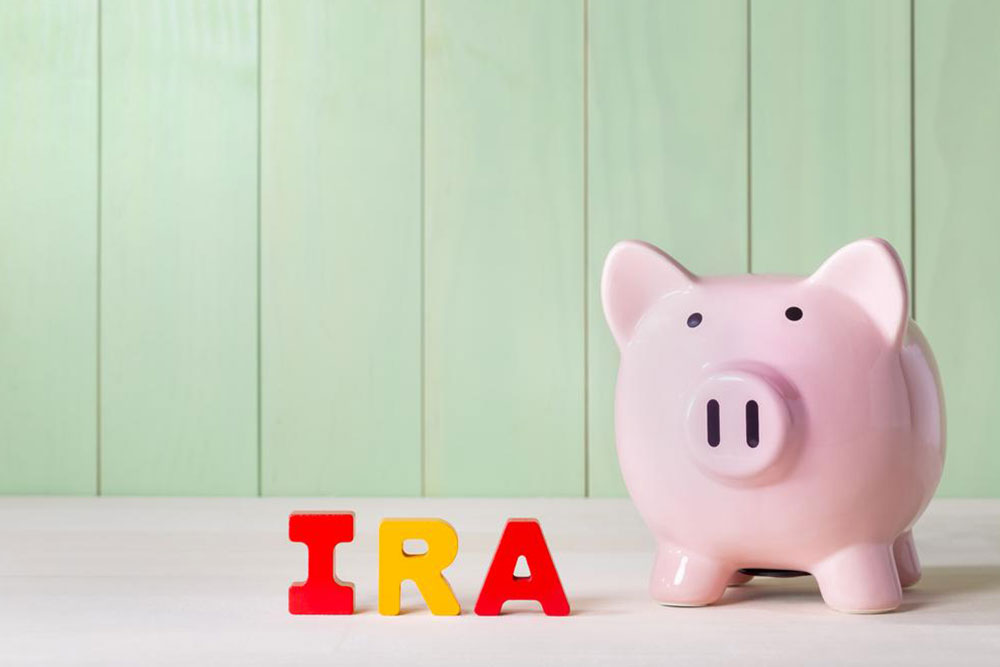Complete Guide to Solo 401(k) Retirement Plans for Self-Employed Professionals
Discover the comprehensive benefits and features of Solo 401(k) retirement plans, designed specifically for self-employed entrepreneurs and small business owners. Learn how this flexible, high-contribution retirement savings vehicle can help you optimize tax advantages, investment options, and planning for a secure retirement future. Perfect for sole proprietors, freelancers, and small business partners, this guide explains eligibility, plan types, and setup tips for maximizing your retirement goals.

What is a Solo 401(k) Retirement Plan?
The Solo 401(k), often referred to as an individual 401(k), is a specialized retirement savings vehicle designed specifically for self-employed individuals and small business owners who operate without full-time employees. Unlike traditional employer-sponsored retirement plans, the Solo 401(k) empowers self-employed entrepreneurs, freelancers, and independent contractors to build tax-advantaged retirement savings. This plan is a practical solution for those seeking maximum flexibility, higher contribution limits, and advantageous tax treatment tailored to their unique business structures.
The core appeal of the Solo 401(k) lies in its ability to combine traditional and Roth contribution options, allowing for strategic tax planning. Not only can the business owner contribute as both an employee and an employer, but their spouse can also participate if involved in the business, significantly boosting potential retirement savings. This flexibility makes it a highly attractive retirement plan for solo entrepreneurs and small-scale partners seeking to optimize their financial futures while enjoying tax benefits.
Who Qualifies for a Solo 401(k)?
Self-employed individuals earning income from a qualified business venture, whether full-time or part-time.
Business owners who are sole proprietors, independent contractors, or hold partnerships or LLCs with active income.
Shareholders owning at least 5% of an S-corporation or LLC may also participate.
The business should not employ full-time staff who are eligible for comparable benefit plans, although it’s permissible to hire family members or part-time help without affecting eligibility.
Types of Solo 401(k) Plans
Depending on individual investment goals and control preferences, there are two primary formats for Solo 401(k)s:
Brokerage-Based Solo 401(k): Offers limited investment choices mainly focused on stocks, bonds, and mutual funds. It typically does not include loan provisions but provides ease of setup and management for investors seeking straightforward portfolios.
Self-Directed Solo 401(k): Provides an expansive array of investment options, including real estate, private equity, precious metals, and more. This plan type supports complex investments and allows account holders to perform conversions from traditional to Roth accounts, thus offering greater flexibility for seasoned investors with diverse portfolios.
Setting up a Solo 401(k) involves selecting a plan provider or sponsor that offers either pre-designed or fully customized plans aligned with your financial goals. Whether you prefer a simple setup or want to tailor your investments extensively, these plan types offer solutions for a variety of self-employed professionals. By leveraging such plans, entrepreneurs can maximize their retirement contributions, benefit from tax advantages, and diversify their investment holdings, all while maintaining oversight and flexibility.
In conclusion, the Solo 401(k) serves as a powerful tool for self-employed individuals aiming to secure their financial future through strategic retirement planning. Its higher contribution limits, flexible investment options, and significant tax benefits make it an ideal choice for independent professionals who are eager to build wealth without the constraints typical of traditional retirement plans. As the landscape of self-employment continues to grow, understanding and leveraging the benefits of the Solo 401(k) will be crucial for maximizing retirement preparedness and financial independence.





